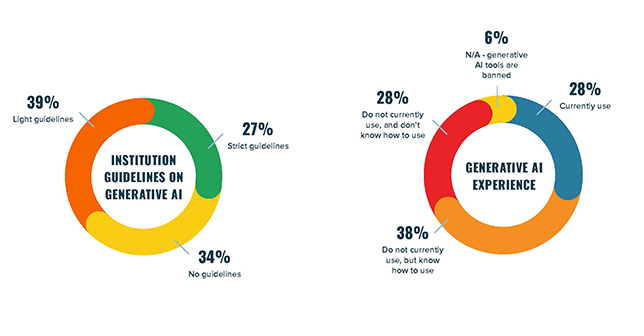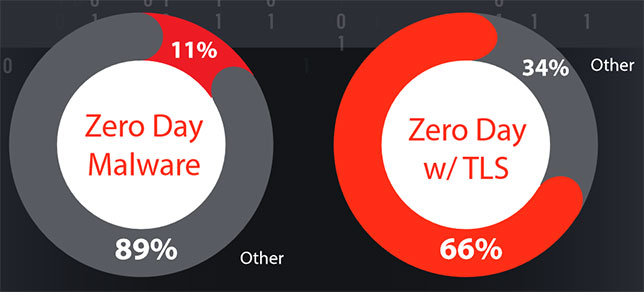In a recent survey done by ed tech company Anthology comparing United States university students and leaders with their counterparts globally, results revealed that U.S. students have been slower to adopt generative AI tools, and leaders should take note of why and prepare for increased use in the future.
In its second annual 2023 "Study Trends Report," McGraw Hill found that college students were feeling unprepared for their courses, but also that they have turned to generative AI and social media to study and would like more learning resources in a similar format.
IT spending worldwide will grow by 8%, reaching $5.1 trillion in 2024, according to Gartner. The market research firm pointed to AI as a contributing factor in that growth, but the impacts of generative AI won't be felt until the following year.
The nonprofit organization Achieving the Dream (ATD) has made available its 87-page 2023 "Equity Toolkit" guide for community colleges that wish to pursue equity by examining their policies and practices that create barriers to degree and certificate completion for underserved and minority students.
In 2023, just 5% of enterprises had deployed generative AI apps or used generative APIs in production environments, according to Gartner. By 2026, that will skyrocket to 80%, the market research firm forecast in a new report.

Skills-based learning in higher education and a clearer path to a career are the top priorities for students and educators this year, according to the 2023 State of Student Success and Engagement in Higher Education survey results released today by Instructure, the maker of Canvas LMS.

Overall malware declined in the second quarter of 2023, according to a new report, even as double-extortion ransomware grew substantially.
A new report from Educause highlights the importance of supporting the holistic student experience in higher education. The "2023 Horizon Report: Holistic Student Experience Edition" points to the "increasing use of technology for all kinds of student support" as well as a surge in the use of artificial intelligence as core trends resulting in the collection of vast amounts of student data, noting that the complex balance between "student as human" and "student data" can have a considerable effect on the student experience and student success.
The University of Phoenix commissioned a survey in July 2023 on how adults understand and feel about the use of generative AI. The survey of 2,045 adults ages 18 and older, performed online in July 2023 by Harris Poll, found that while most feel AI should be used in the workplace and classroom (59% and 57% respectively), a significant number don't understand the different forms of AI and don't feel completely comfortable about its accuracy.
A higher percentage of high school graduates are turning away from pursuing a four-year college degree compared to prior years, according to a new report.